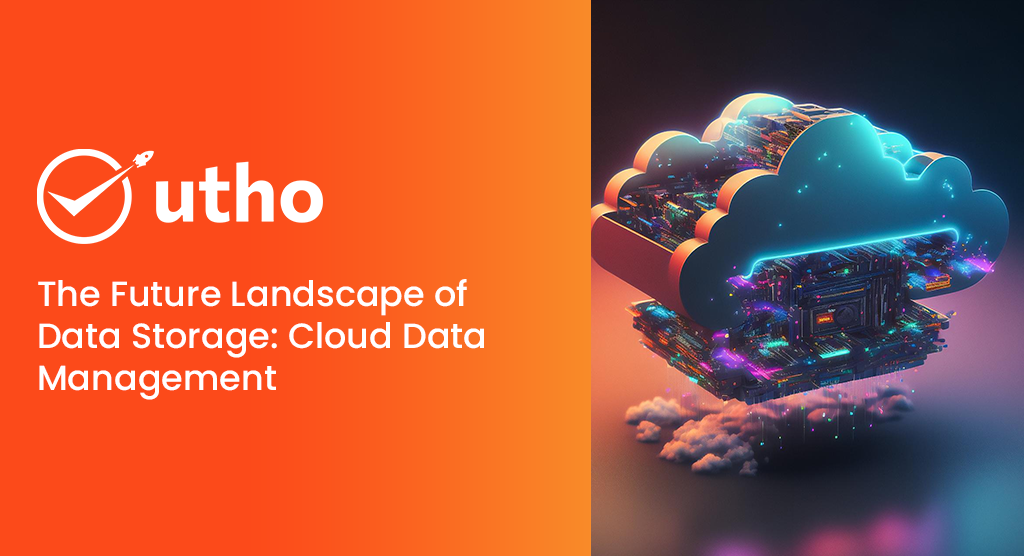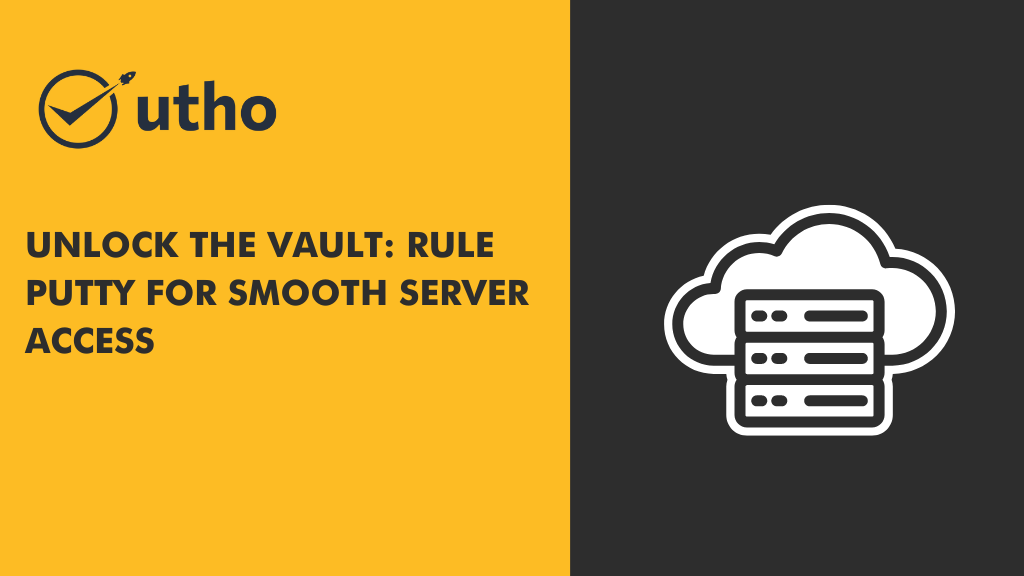As data volumes and sources grow exponentially, managing data across various locations becomes a formidable challenge for organizations. Modern data managers seek versatile systems that ensure broad employee access without compromising data security. Cloud computing emerges as a solution for companies grappling with these data challenges. Effectively addressing complex business issues through cloud services necessitates a grasp of cloud data management, staying current on best practices, and drawing insights from successful organizations.
What is data management in Cloud Computing technology?
Cloud data management is the efficient administration of data across cloud platforms, offering a cost-effective alternative to on-premises storage. Enterprises choose to leverage external services for data storage, utilizing cloud server providers to streamline costs. This approach involves procuring on-demand cloud resources and includes processes like data archiving, tiering, replication, protection, or migration.
What are the advantages of data management in cloud computing?
The advantages of a cloud data management platform align with the extensive Benefits provided by the cloud and they are significant.
Security: Contemporary cloud data management frequently provides enhanced data protection compared to on-premises solutions. In fact, 94% of those embracing the cloud note security enhancements. Why? Firstly, cloud data management lowers the risk of data loss from device damage or hardware failure. Secondly, companies specializing in cloud hosting and data management implement more advanced security measures for safeguarding sensitive data than those relying on on-premises solutions.
Scalability and savings: Cloud data management allows users to adjust services based on demand, scaling up or down as necessary. Additional storage or compute power can be incorporated to accommodate fluctuating workloads. After completing a substantial project, companies can scale back to prevent unnecessary expenses on services not currently required.
Automated backups and disaster recovery: The vendor for cloud storage takes charge of managing and automating data backups, allowing the company to concentrate on other priorities while ensuring the safety of its data. Maintaining an always-up-to-date backup also expedites the disaster recovery process in emergencies and aids in minimizing the impact of ransomware attacks.
Improved data quality: A cohesive and well-governed cloud data management solution enables organizations to dismantle data silos, establishing a unified source of truth for each data point. The data stays clean, consistent, up-to-date, and accessible for a range of use cases, including real-time data analytics, advanced machine learning applications, and external sharing through APIs.
Automated updates: Cloud data management providers are dedicated to delivering optimal services and capabilities. When applications require updates, cloud providers automatically implement these changes. This eliminates the need for your team to halt work while waiting for IT to update everyone's systems.
Sustainability: For companies and brands dedicated to minimizing their environmental footprint, adopting cloud data management is a pivotal measure. It enables organizations to lessen the carbon footprint associated with their own facilities and expand telecommuting options for their teams.
What risks come with the territory of data management in cloud computing?
Having covered the advantages, let's now delve into the major challenges that businesses should be aware of:
Data Breaches & Attacks: Effectively managing data on cloud servers poses a significant challenge, particularly concerning data security. Instances of data breaches, DDOS attacks, and account hijacking have become prevalent. Insufficient security measures can leave the platform vulnerable, particularly due to the shared use of resources among multiple users, creating potential security gaps. Addressing this requires the engagement of skilled personnel, especially when handling sensitive data.
Cost Implications: While cloud storage appears cost-effective, recent findings indicate otherwise. Approximately one-third of businesses are surpassing their cloud budgets by up to 40%, as per a recent survey. Effectively managing the costs associated with cloud software licenses and resources poses a substantial challenge. Therefore, the financial dimension can become a risk if not appropriately handled.
Reduced Visibility & Control: A distinct risk in cloud environments involves diminished visibility and control over assets and operations. This becomes a significant worry when utilizing external cloud services as certain policies and infrastructure fall under the cloud providers' responsibility. This shift poses challenges in effectively monitoring security measures and ensuring data integrity within a cloud environment.
Risks In Management APIs: Management APIs provided by cloud providers serve as a means to control resources, but their accessibility over the Internet makes them susceptible to attacks. Compromising these APIs poses significant threats to both your cloud resources and data.
Insufficient Due Diligence: Insufficient due diligence heightens cybersecurity risks. Businesses occasionally migrate data to the cloud without a comprehensive understanding of the implications, their responsibilities, and the security measures implemented by cloud providers. This lack of awareness can jeopardize the overall strategy for cloud data management.
What does the future hold for data management in cloud computing?
Data management has swiftly progressed from outdated, locally hosted storage systems to a more adaptable and dependable cloud data management paradigm. While local data storage prevailed for a considerable period, this inclination is shifting as businesses recognize advancements in cloud storage technology.
In the coming years, an escalating number of companies will embark on digital transformation journeys, choosing the cloud as their primary approach to data management. The significance of data in ensuring organizational competitiveness is on the rise. This forecast underscores the imperative for establishing and sustaining an effective data management framework that enables companies to match the pace of a dynamic and ever-changing business environment.
What are some use cases of data management in cloud computing?
Cloud data management finds numerous applications for businesses. Typical use cases encompass:
Deployment: Simplifying the provisioning of test and development environments, cloud data management allows for the effortless creation of test environments using production data sets.
Sharing data between multi-cloud environments: Facilitating seamless data sharing among multiple cloud applications, cloud data management ensures that a single data set serves as a unified source of truth, eliminating the need for each app to rely on its isolated data set.
Data backup and recovery: Providing a reliable and flexible solution for data backup and recovery, cloud data management allows organizations to securely store their data in the cloud. This ensures data security and enables swift recovery in case of data loss or system failures.
Data governance and compliance: Enabling enterprises to address data governance and compliance requirements, cloud data management aids in establishing data governance frameworks, enforcing data security and privacy rules, and ensuring compliance.
Long-term storage and data archiving: For data archiving and long-term storage, cloud storage offers a cost-effective solution. Organizations can leverage the cloud to store infrequently accessed data, reducing storage expenses while ensuring data durability and availability.
How does Utho facilitate the analysis and management of cloud storage?
Utho, as a holistic cloud solutions provider, empowers businesses to streamline operations and reduce costs through effective cloud utilization. Our services cover key areas such as cloud migration, cloud data management, security, and optimization. Our portfolio provides access to a comprehensive set of data management offerings, including backup and recovery, disaster recovery, archiving, file and object services, data governance, and security. All these services are seamlessly integrated into a user-friendly, consolidated environment for your convenience.




